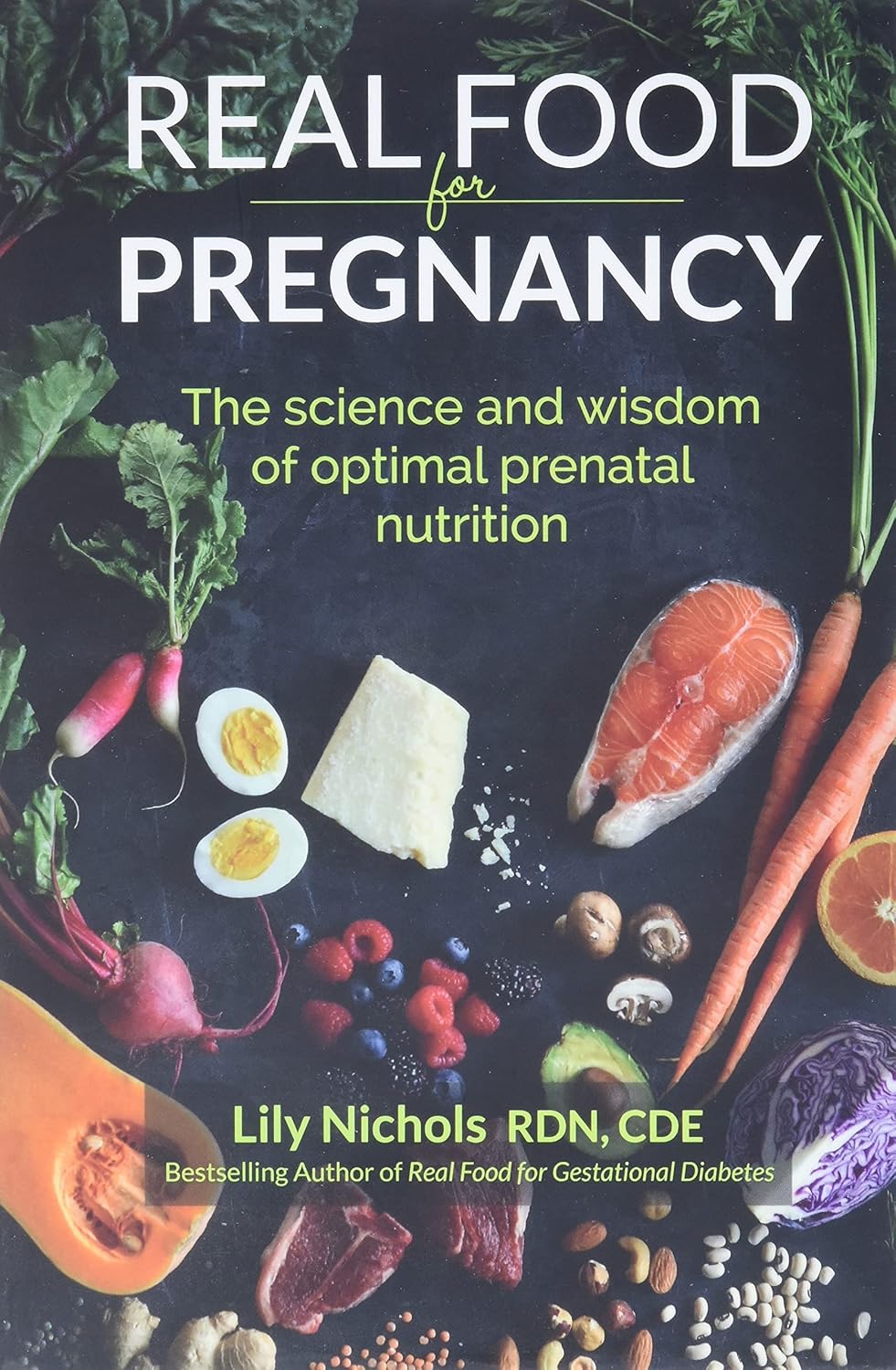Understanding Geriatric Pregnancy: A New Narrative for Modern Motherhood
In the past, pregnancy after age 35 was often viewed through a lens of caution and risk. Today, however, a growing number of women are choosing to start or expand their families after 35, empowered by medical advancements, increased fertility support, and shifting societal norms. Geriatric pregnancy, also known as advanced maternal age pregnancy, is no longer a rare occurrence—it's a thriving trend embraced by millions of women worldwide.
Why More Women Are Delaying Pregnancy Until After 35
Career and Financial Stability
One of the key reasons for the increase in pregnancies after 35 is the pursuit of career growth, educational achievement, and financial security. Many women prefer to establish a stable foundation before welcoming children. By their mid-30s, they are more likely to have secured professional success and financial independence, which are crucial for raising a family.
Later Marriages and Second Partnerships
Cultural shifts have also led to women marrying later or entering second marriages later in life. With remarriages and evolving relationship dynamics, more women are choosing to start fresh family chapters in their 30s or 40s.
Access to Fertility Treatments
Thanks to advances in reproductive technology, options like in vitro fertilization (IVF), egg freezing, and donor eggs have opened new paths to motherhood. These tools allow women to extend their reproductive window and increase their chances of conception, even into their early 40s.
Debunking the Myths: Is Geriatric Pregnancy Really That Risky?
While it's true that pregnancy after 35 carries some increased risks, modern prenatal care and monitoring have significantly improved outcomes. Today, many women over 35 experience healthy pregnancies and deliveries.
Misconception: Fertility Ends Abruptly at 35
Although fertility naturally declines with age, many women remain fertile into their late 30s and even early 40s. While egg quality and quantity decrease over time, ovulation continues, and conception remains possible without intervention for many.
Misconception: Higher Risk Equals Unsafe Pregnancy
There is a higher statistical chance of conditions like gestational diabetes, hypertension, and chromosomal abnormalities in older mothers. However, with early prenatal care, regular screenings, and healthy lifestyle habits, these risks can be well-managed. Many obstetricians specialize in caring for women over 35, ensuring close monitoring and tailored care.
Health Benefits of Waiting to Have Children
Emotional Maturity and Mental Preparedness
Women over 35 often report being more emotionally prepared for motherhood. They have a clearer understanding of their values, parenting philosophies, and life goals. This emotional stability often translates into stronger parent-child bonds and a nurturing home environment.
Financial Preparedness
Advanced maternal age frequently correlates with greater financial readiness. Older mothers are more likely to own homes, have established careers, and possess savings or investments—all critical components for a secure family life.
Healthier Lifestyles
Interestingly, women who conceive later in life are often more health-conscious. They tend to follow nutritious diets, maintain active lifestyles, and avoid harmful habits like smoking or excessive alcohol consumption. These behaviors contribute to healthier pregnancies and better outcomes for mother and child.
How to Prepare for a Healthy Pregnancy After 35
1. Preconception Checkup
Before trying to conceive, women should schedule a comprehensive preconception appointment. This may include reviewing medical history, updating immunizations, and addressing any existing conditions like thyroid issues or high blood pressure.
2. Track Ovulation and Menstrual Cycles
Understanding the menstrual cycle is essential for timing intercourse during the fertile window. Tools like ovulation predictor kits, basal body temperature tracking, and cycle-tracking apps can enhance the chances of conception.
3. Consider Fertility Testing
If conception does not occur within six months of regular unprotected intercourse, consider seeking a fertility evaluation. Tests like AMH (Anti-Müllerian Hormone) levels and follicle-stimulating hormone (FSH) provide insights into ovarian reserve and reproductive health.
4. Embrace a Prenatal-Friendly Lifestyle
-
Eat a nutrient-rich diet with folic acid, iron, calcium, and omega-3s
-
Exercise regularly, focusing on strength, flexibility, and cardiovascular health
-
Get adequate sleep to support hormonal balance and recovery
-
Avoid tobacco, alcohol, and unnecessary medications
5. Choose a Knowledgeable Healthcare Provider
Seek a provider experienced in managing geriatric pregnancies. A supportive and proactive team—including an obstetrician, maternal-fetal medicine specialist, and possibly a midwife—can provide personalized care every step of the way.
Success Stories: Real Women, Real Outcomes
Hollywood Moms Leading the Way
Public figures such as Halle Berry (pregnant at 47) and Janet Jackson (pregnant at 50) have spotlighted the possibilities of later-in-life pregnancy. Their stories, while unique, echo the broader message: women can and do thrive in pregnancy after 35.
Everyday Heroes
Across the world, countless women are embracing motherhood later in life. From professionals to entrepreneurs, many share that becoming a parent after 35 enriched their lives with deeper perspective, patience, and joy.
What to Expect: Labor and Delivery After 35
Although there's a slightly higher rate of C-sections and induced labor in geriatric pregnancies, many women still experience natural and uncomplicated deliveries. Preparation and communication with your birth team are essential. Birth plans tailored to maternal age, fetal health, and delivery preferences can lead to empowering birthing experiences.
Thriving Beyond Birth: Parenting With Wisdom and Confidence
Older mothers often bring a wealth of life experience, resilience, and wisdom into parenting. They are more likely to seek educational resources, be intentional with time, and approach challenges with calm, measured responses. This can lead to a more mindful, engaged, and fulfilling parenting journey.
Conclusion: Geriatric Pregnancy Is No Longer an Exception—It's an Empowering Choice
With medical innovation, societal shifts, and growing support networks, more women are rewriting the rules of reproductive timelines. Pregnancy after 35 is not only possible—it’s powerful. Women are thriving as they embrace motherhood on their own terms, proving that age can bring strength, clarity, and profound love into the parenting experience.






